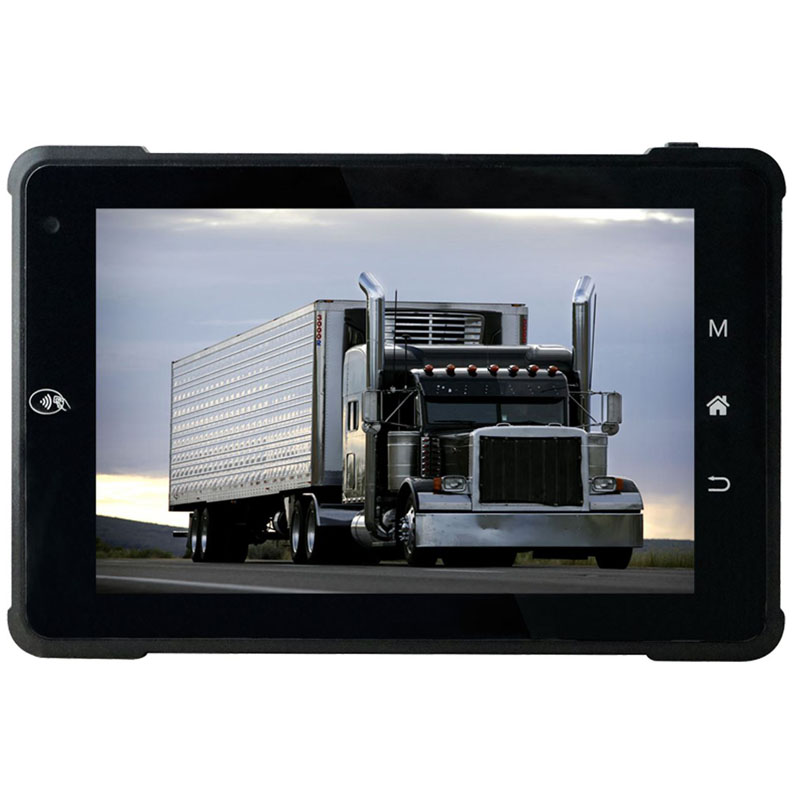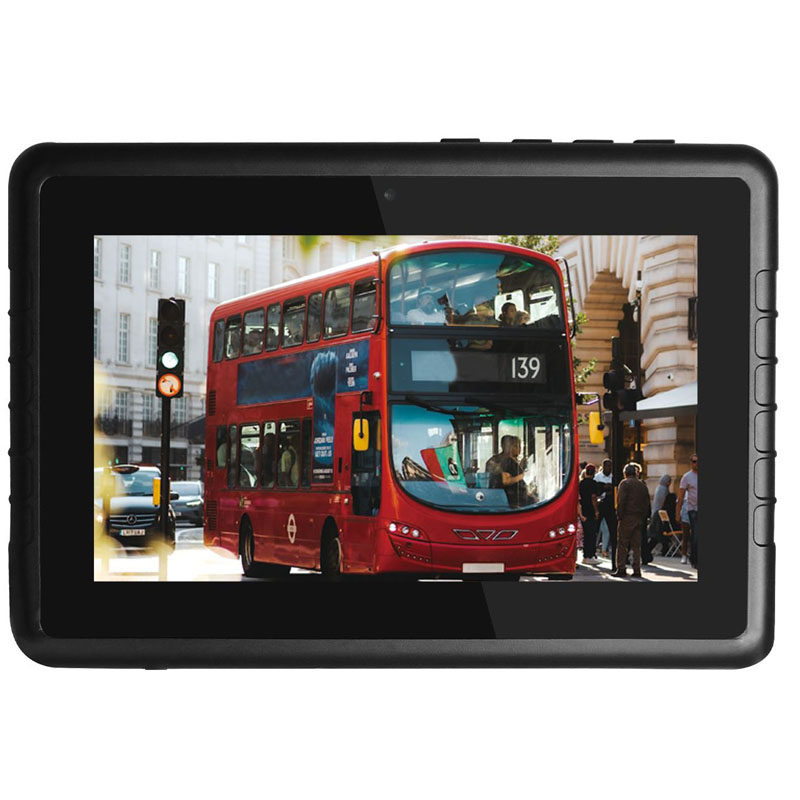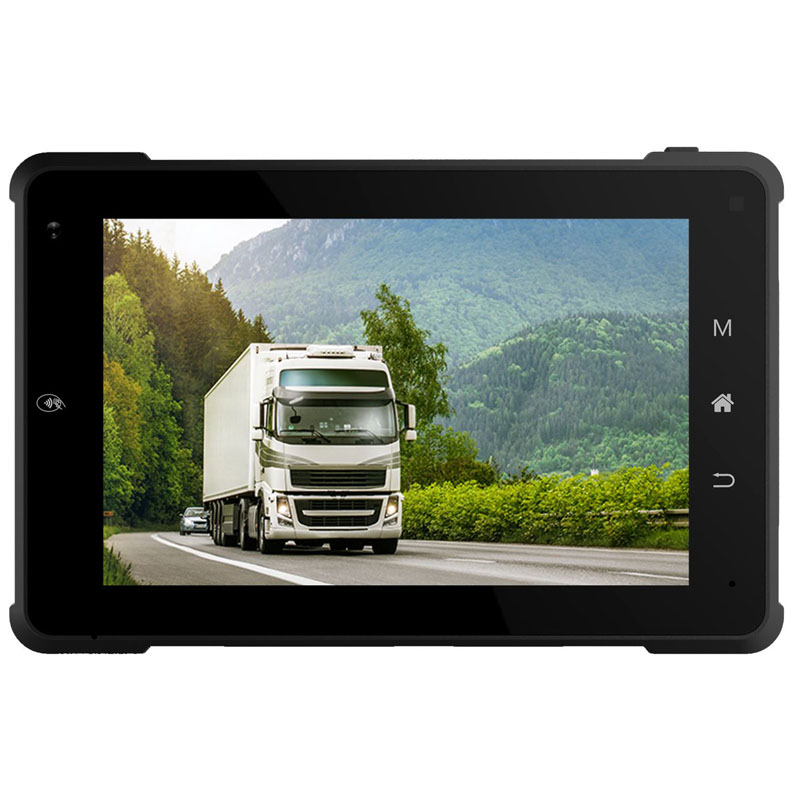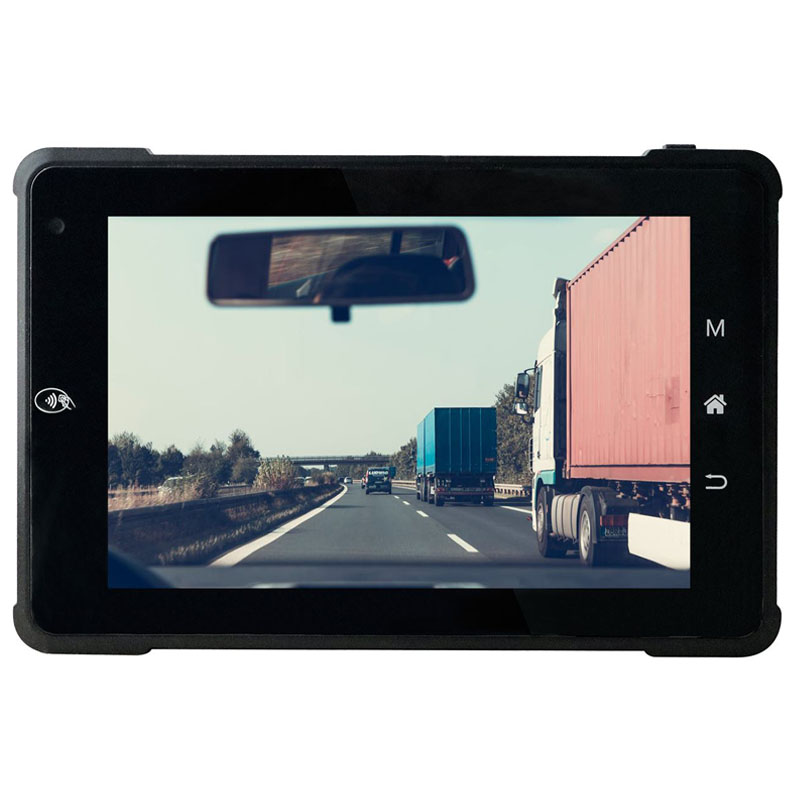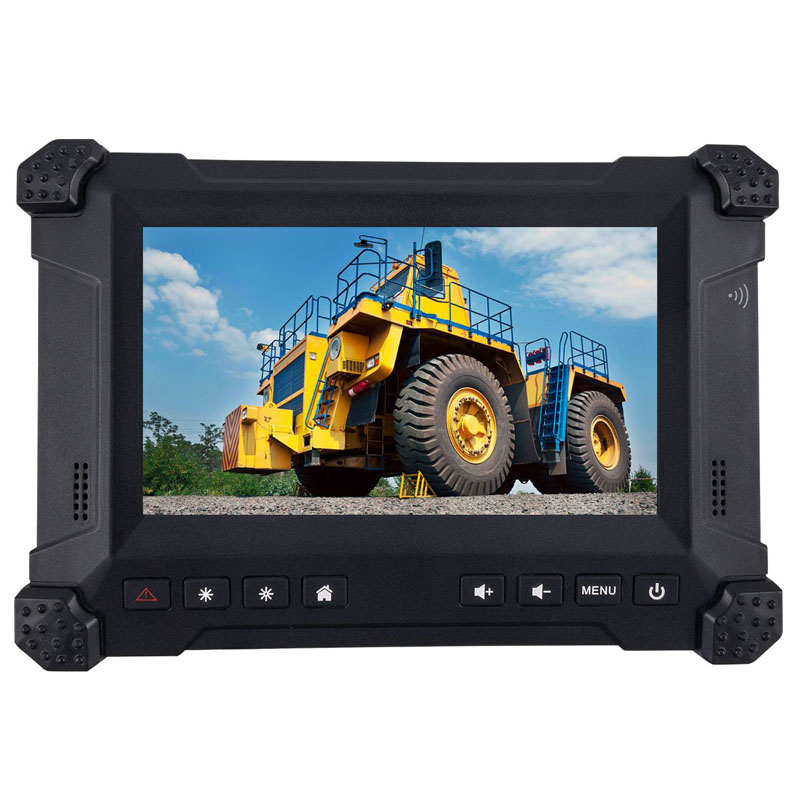Maximizing Operational Efficiency: The Evolution and Impact of Mobile Data Terminals (MDTs) in Diverse Industries
In the realm of modern connectivity and efficient operations across various industries, the Mobile Data Terminal (MDT) or Mobile Digital Computer (MDC) plays a pivotal role. These computerized devices have become indispensable tools in emergency services, public transport, logistics, and numerous other fields, facilitating seamless communication between vehicles and central dispatchers while also providing crucial task-related information to users.
The fundamental components of MDTs encompass a screen for displaying information and a keyboard or keypad for input. They boast connectivity to a range of peripheral devices, including two-way radios and taximeters, augmenting their functionality and utility. While earlier MDTs functioned as thin clients, the evolution has seen a shift towards robust MDCs, essentially fully functional PC hardware that enhances performance and versatility. Despite the technical accuracy of the term MDC, the usage of MDT remains widespread within the industry, also recognized by alternative names such as MVC (Motor Vehicle Computer) or through brand-specific nomenclature like iMobile or KDT.
Technological advancements have significantly transformed the landscape of computer-aided dispatching, marking a departure from custom devices and specialized radios to the adoption of ruggedized laptops and Wide-Area Wireless IP communications. This shift has leveraged the power of the internet or private IP networks, revolutionizing communication between vehicles and dispatch centers.
While certain sectors such as police dispatching still rely on custom-designed terminals, the majority of CAD systems now integrate ruggedized laptops and advanced communication protocols. However, in specific industrial applications like commercial trucking, GIS, agriculture, and mobile asset management, the preference for custom electronic hardware endures. These specialized terminals are tailored with I/O interfaces directly interfacing with industry-specific equipment, featuring environmentally hardened packages, robust memory file systems, and power supply protection. This design significantly bolsters reliability and operational efficiency, crucial for demanding environments.
MDT solutions rooted in ruggedized consumer products or commercially available software might lack the longevity expected in industrial applications, typically falling short of a 5-year lifecycle duration.
Integrating cutting-edge technology into these systems continues to be a priority. Solutions such as the Waysion Q777, an innovative addition to the landscape of mobile display terminals, epitomize this drive for advancement. The Waysion Q777, featuring an In-Vehicle Tablet system, showcases a robust and adaptable platform for modern MDT requirements. Its seamless integration and enhanced functionalities contribute to improved efficiency, data accessibility, and overall performance within various industries reliant on mobile data terminals.
In conclusion, the evolution of mobile data terminals from specialized devices to robust, fully functional computers has reshaped how various industries manage communication, information dissemination, and task execution. While the shift towards standardized hardware and advanced communication protocols has been substantial, the specialized needs of certain industrial sectors continue to drive the development of custom electronic hardware, ensuring reliability and efficiency in demanding environments. Incorporating innovative solutions like the Waysion Q777 continues to enhance the capabilities and effectiveness of modern mobile data terminals, enabling industries to operate with heightened efficiency and responsiveness.


